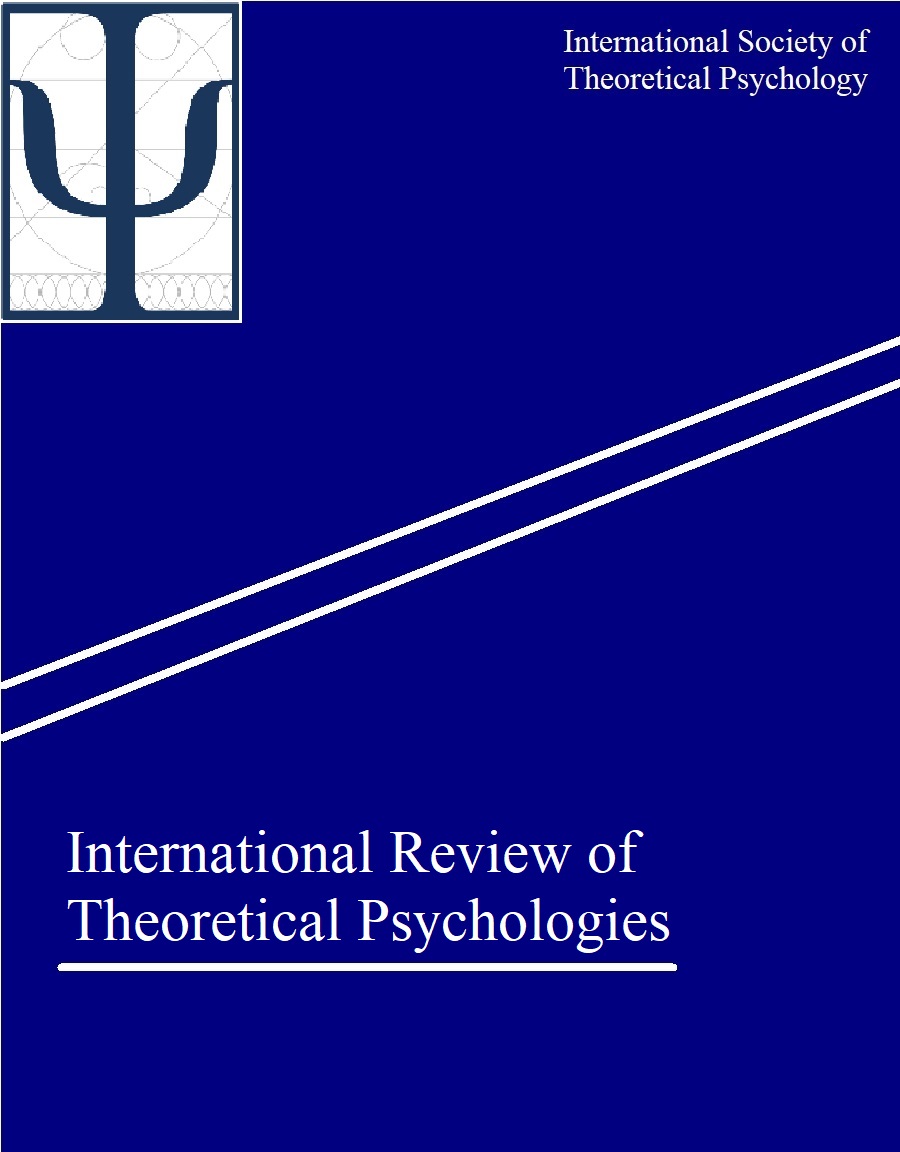Reflections on “Psychotechnics”
Measuring Lives in the Beginnings of Psychology in Brazil
DOI:
https://doi.org/10.7146/irtp.v1i2.128014Keywords:
History of Psychology, Psychotechnics, Henri Piéron, Roberto Mange, Cultural HistoryAbstract
In this article, I discuss the genesis of psychotechnics in Brazil, from 1920 to 1950, starting from narratives about the history of psychology and analyzing, in a comparative way, three psychotechnics courses held in the city of São Paulo. Although these courses respond to local projects aimed at industry and education, our analysis reveals that they also express the materialization of a global project, built on statistical tools, standardized equipment and international circulation of texts and intellectuals. Measuring human activities was in the core of the public recognition of Psychology as a field of knowledge. The critical review of this history is important in order to understand how Psychology took part in building our current way of life. Moreover, understanding this movement within the field can help psychologists today in their work to reduce suffering, but also to change this rationalized state of things, responsible for the suffering production. Such changes imply refusing consolidated models for thinking and research in Psychology, in favor of more interdisciplinary and critical approaches.
Downloads
Published
How to Cite
Issue
Section
License
Copyright (c) 2021 Luciana Dadico

This work is licensed under a Creative Commons Attribution-NonCommercial-ShareAlike 4.0 International License.
IRTP operates based on a non-exclusive publishing agreement, according to which the journal retains the right of first publication, but authors are free to subsequently publish their work. The copyright of all work rests with the author(s).
All content published in IRTP is licensed under a Creative Commons Attribution-NonCommercial-ShareAlike 4.0 International license (CC BY-NC-SA 4.0). This license allows authors and readers to share and adapt content for non-commercial purposes, provided that they abide by the following terms:
- Give credit to the original author(s)/creator(s) and attribution parties (i.e., IRTP);
- Provide a link to the original source, to the extent practicable;
- Include the copyright notice and/or indicate the corresponding Creative Commons license;
- Indicate what, if any, adaptations were made to the original; and
- Share adapted content under the same license as the original.
Authors are encouraged to familiarize themselves with the various Creative Commons licenses. Readers are advised to consult the licensing information embedded in each published work to ensure that they are familiar with the terms of use that apply.





